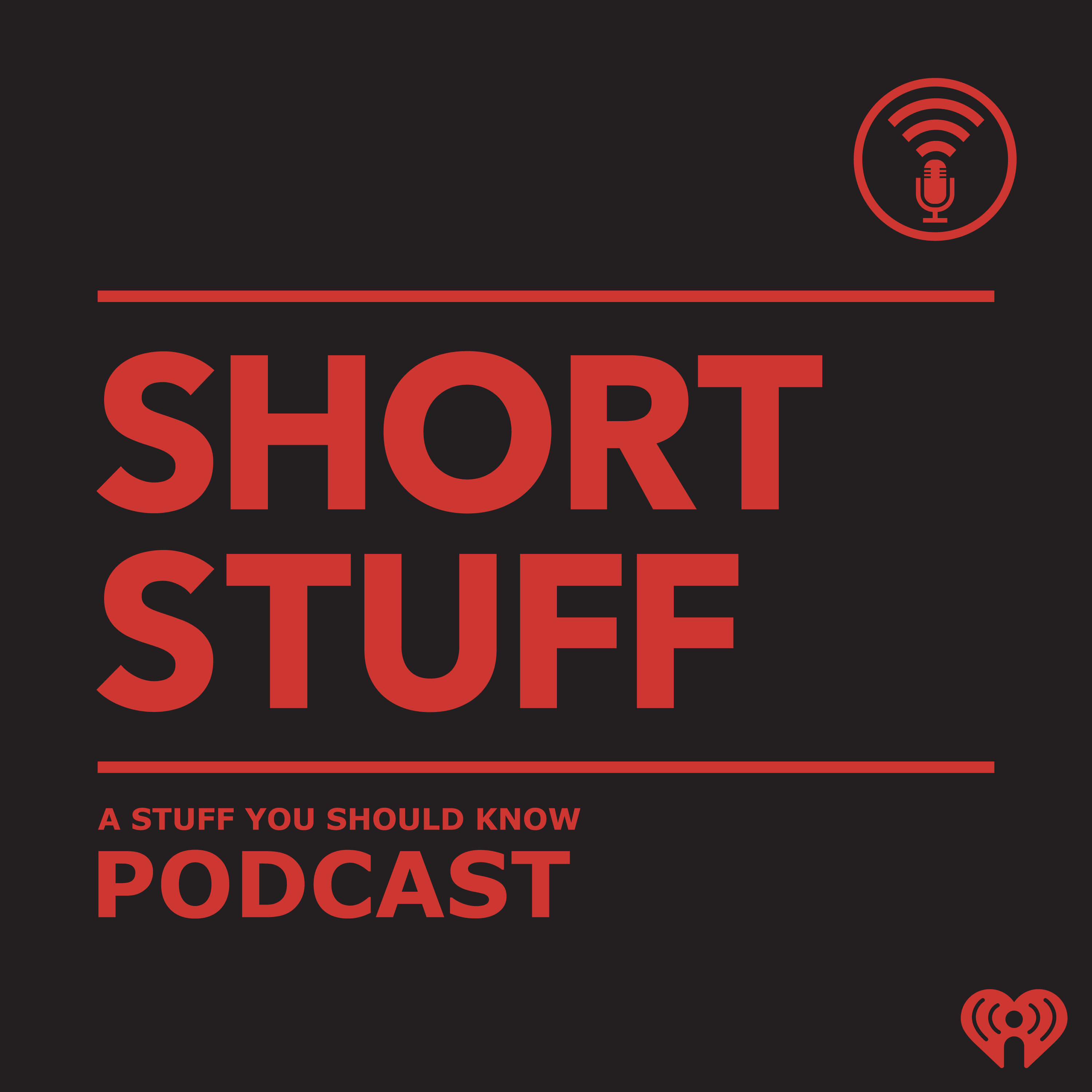Podcast Summary
Maxing out friend count in our 30s is a myth: Expanding social circles and asking the right questions are crucial for building meaningful relationships, and everyone's experience is unique.
The number and quality of our relationships, whether it's friendships or professional connections, can significantly impact our lives. While it's a common belief that we max out our friend count in our 30s, personal experiences and anecdotes prove otherwise. The importance of asking the right questions, like finding a trusted financial advisor, is crucial, just as it is to keep expanding our social circles. The concept of having a limited number of friends, around 150, was proposed by anthropologist Robin Dunbar, but it's essential to remember that everyone's experience is unique. So, whether you prefer a smaller, curated group of friends or continuously expanding your network, there's no right or wrong way to build connections. Ultimately, it's about making the most of every opportunity to meet new people and foster meaningful relationships.
The size of a species' neocortex predicts the size of their social network: Studies on primates reveal a correlation between neocortex size and social group size, leading to the estimation of an average human social network of 150 people (Dunbar's Number). Investing in a strong team can help small businesses succeed.
The size of a species' neocortex, which is the part of the brain responsible for language, cognition, and managing social relationships, can predict the size of their social network. This was discovered through studies on primates, which found a correlation between neocortex size and social group size. When this research was applied to humans, it was estimated that the average human social network consists of around 150 people. This number, known as Dunbar's Number, is important because it helps explain why humans are social animals and why we have a limit to the number of relationships we can maintain. In the business world, another key takeaway is that investing in the right team can help take a small business to the next level. LinkedIn Jobs, with its vast network of over one billion professionals, offers small business owners the tools to find and hire qualified candidates quickly and easily. By focusing on building a strong team, businesses can improve their chances of success in the new year.
The Significance of 150 in Human Relationships: Anthropologist Duncan Watts discovered the 'Dunbar Number', suggesting the maximum number of stable relationships is around 150. This theory, based on human social groups, has implications for organization size and relationship dynamics.
Human relationships follow a pattern of organization, with the number 150 being a significant factor. This number, discovered by anthropologist Duncan Watts, represents the maximum number of individuals in a social group where all members can interact and maintain stable relationships. This theory, known as the "Dunbar Number," suggests that beyond 150, groups become unwieldy or splinter off into smaller ones. The number 150 is just one of several factors of five that come up in human relationships, including the five closest loved ones, 15 good friends, 50 friends, 150 meaningful contacts, 500 acquaintances, and 1500 recognizable people. These lists are not static, as interactions can change relationships. Some organizations, like the Swedish Tax Authority, have adopted this theory and limit the size of their offices to 150 people, but its validity remains debated. Some studies have reproduced these findings, while others have come up with different numbers. Regardless, the Dunbar Number provides an interesting perspective on the nature of human relationships and their organization.
Understanding the Limits of Human Relationships: The number of meaningful relationships we can maintain is debated, with theories suggesting a bell curve or power law distribution. Dunbar's Number's reliability as a definitive measure is questioned, but its impact on demography and economics is significant.
The number of people we can maintain meaningful relationships with, often referred to as Dunbar's Number, is a topic of ongoing debate. While some studies suggest a bell curve distribution with an average being the highest point, others propose a power law distribution where outliers have the most connections. This changes the way we understand and quantify human relationships, particularly in the context of social media where the definition of friendship can vary greatly among generations. Despite its enduring popularity, the reliability of Dunbar's Number as a definitive measure is still being questioned. However, its potential impact on fields like demography and economics, enabling accurate predictions of group sizes, is significant.
Connecting with old and new friends: Reaching out to old friends and making an effort to meet new people can lead to memorable experiences and unexpected connections
Making an effort to bring together old and new friends can lead to unexpected connections and memorable experiences. The speaker, in this case, had not made many new friends during a recent trip to Los Angeles but decided to throw a party as a way to connect with both old and new acquaintances. The result was a diverse group of people from different stages of his life, some of whom had not seen each other in decades. The party was a success, with attendees enjoying getting to know one another and forming new connections. The speaker was pleasantly surprised by the turnout and the positive energy of the event. It serves as a reminder that reaching out to old friends and making an effort to meet new people can lead to meaningful and enjoyable experiences.






